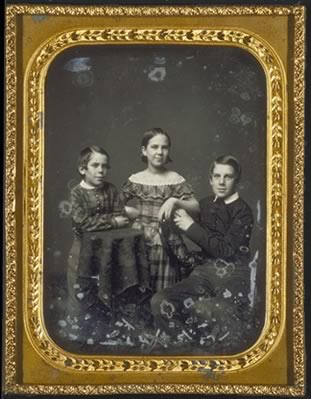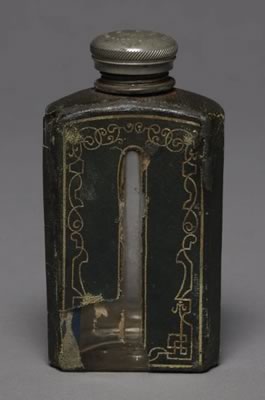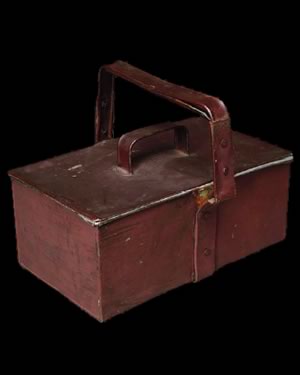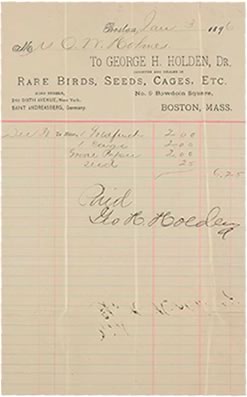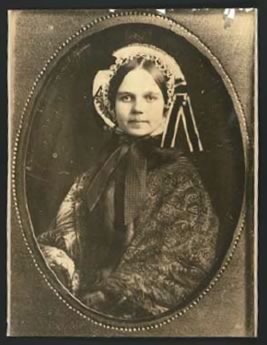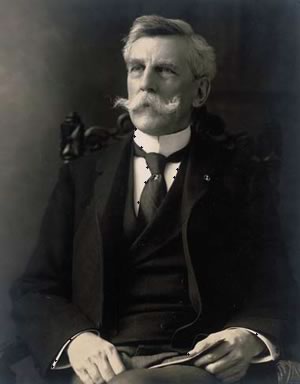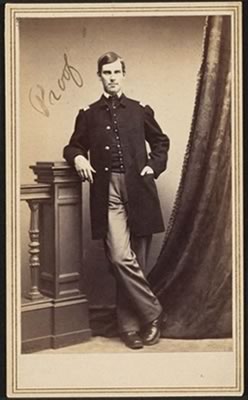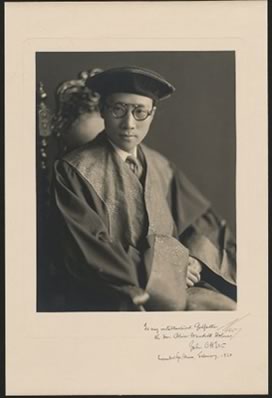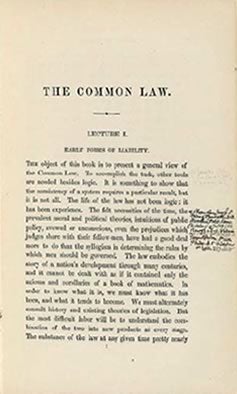When you next have a free moment online, visit the Oliver Wendell Holmes, Jr. Digital Suite, launched by the Harvard Law School Library early this year.
Panels, like stained glass on a cloudy day, open, to reveal chapters in the life of the famed Supreme Court justice (1841-1935). They grant access to images, documents and objects—like the one that Holmes might have used to end his own life before he ever sat on the Court.
Type “laudanum bottle” into the site’s powerful search engine to find the small black flask that Holmes carried with him in the Civil War. Read the accompanying excerpt from Holmes’ diary describing his injury at the Battle of Ball’s Bluff, fought on Oct. 21, 1861, in Loudoun County, Va.:
“Shot through the lungs? … [A]lready the blood was in my mouth,” he writes, recalling a story in which a character suffers a similar wound and hemorrhages in agony. “Just then I remembered and felt in my waist coat pocket—Yes there it was—a little bottle of laudanum which I had brought along. … I felt … determined to wait till pain or sinking strength warned me of the end being near.”
Or perhaps you search for the most famous lines Holmes wrote:
“The life of the law has not been logic; it has been experience.”
The site gratifyingly delivers a page from “The Common Law,” with a notation in Holmes’ own hand below those particular words.
And if the process of browsing then leads you to click on a letter to Holmes from Chinese jurist and author John Ching Hsiung Wu dated 1928, you see that Wu affectionately comments on the process of trying to decipher Holmes’ hard-to-read handwriting—the very process that you have just been engaged in as you tried to read his comment in the margin of “The Common Law.” “[E]very difficult word in your letter,” writes Wu, “furnished a fresh occasion for joy, the joy of discovery!”
The joy of discovery is exactly what this new site offers.

